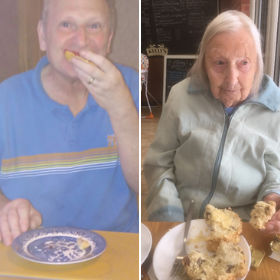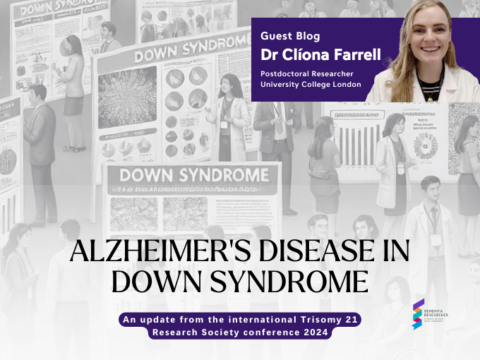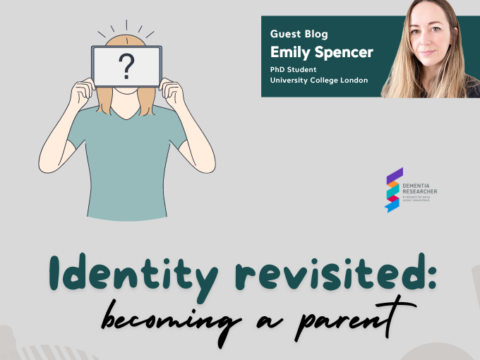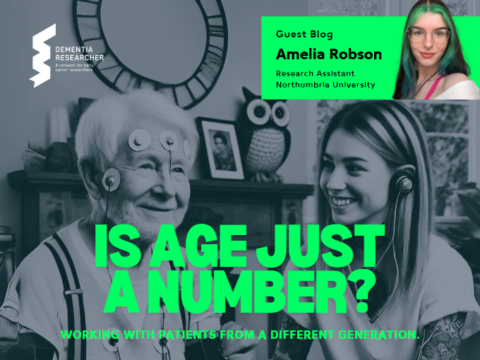I intended to write a blog about my experience as an unpaid family care worker months ago, and actually, each month when the time comes to decide what to write this topic is the first I consider.
There are number of factors I feel that explain why I haven’t shared our lived experience with ‘you’ to date. It’s not because I’m a fraud, nor because I haven’t tried. But because I couldn’t until now.
In this post I shed a glimmer of light on our experience. There’s no real theme or even coherent narrative to the post, but I hope you enjoy the pictures if nothing else. It’s important to note these are my views and opinions on my/our lived experience.
Care in the family context
Like most people affected by dementia, for us, dementia exists in the family context. I take a firm family system theory perspective when it comes to analysing our lived experience, as the theory goes, the interdependence of family members is a key ingredient in the offering and receiving of care.
Another key ingredient is public and fiscal policy, and how (un)well systems function within those policy frameworks. I wouldn’t describe this aspect as a dependency for us, as we tolerate without choice the majority of the social and economic cost, but it is definitely an important intersection which stems the life course of familial care. If we make the analogy of familial care as car coursing along the motorway and the support of the state as the service stations placed alongside the motorway, it seems as though the services slip road always exists in both a real and ethereal way, but you never actually make it to the services and get what you need. Or, on the occasion you do make it, you are promised fuel and a falafel and hummus salad from Pret, but instead you get a Londis ‘just cheese’ sandwich (no butter) for £6, and the promise of fuel never comes to fruition. You re-join the motorway no better than when you arrived only more sinical and disenfranchised with ‘the services’. You have very little time and emotional energy on this journey, so unnecessary pitstops are rarely made.

Margaret is living with dementia, who knows which syndrome, we never actually got offered a formal diagnosis process and at the last attempt to try and get one the GP suggested to my Dad, Nigel, that the Memory Assessment Service is for families in crisis.
Our Margaret
Nan, Margaret is living with dementia, who knows which syndrome, we never actually got offered a formal diagnosis process and at the last attempt to try and get one the GP suggested to my Dad, Nigel, that the Memory Assessment Service is for families in crisis. Of course my Dad, a proud family carer who believes we are coping well enough, had no interest in a crisis service so quickly moved the conversation on. I would like to think the GPs confusion about the basic premise of MASs was down to a lack of due diligence, but I sadly believe it was misconduct, plain and simply.
Margaret is certainly in the moderate to later stages of the disease and requires around the clock care from my Dad and I to remain living at home with her much loved cat, Gus, who provides her with plentiful joy and happiness. If you need an indicator of how much, the reception you receive in comparison to the cat when you walk into the house is a good measure. Over the years my Nan has been living with dementia, my welcome has gone from, ‘Oh it’s good to see you, I have missed you’ complimented with a beaming smile; to ‘where’s the cat?’, or more commonly recently, ‘where am I?’, or ‘what am I doing here?’. However, when much loved Gus potters in for his fifth fish supper, the beam that once welcomed me returns and Nan seems to (re)establish a sense of place and purpose, as she orders I feed the cat.
I try and explain why she is feeling lost in her own home or why she didn’t know I was her grandson, but Margaret denies having a diagnosis of dementia. We tend to start days a little more optimistically than we end them, it must be something to do with the sun (don’t worry I won’t say it). It is odd how different you approach caring with a relative than that of a professional context. Although my partner would argue otherwise, I feel I lack compassion in my Nan’s care.
Until recently I would rather disregard aspects of my nans lived experience as this felt like lying to her (the bad type). For example, Margaret is rarely alone for more than two hours but sometimes feels she’s been left alone much longer and has ‘no family to look after her’. My old approach would be to dismiss her beliefs, which of course are real for her despite being completely unfounded. However, after a short masterclass with my friend Heather Comstock who shared some invaluable learning with me about the art of being a compassionate communicator, I now try to approach my situations differently. Instead of disregarding my Nan’s experiences, I practice empathetic listening and validate here lived perspective.
Nigel
My Dad’s situation is a complex one that I find is emotionally challenging. This is not because of the significant number of hours under and unpaid care work he does each week, that like an estimated 1.4 million people in the UK, far exceeds any normal working week. Although this remains a concern. To be honest it has nothing directly to do with my Nan’s care. It’s my dad’s health and the risk care poses to him and his wife, and to a lesser extent, me. He joins the significant amount of people who are permanently unwell or disabled while providing high levels of care. My Dad requires major operations on his lower back and both knees that will not be done until he is no longer caring. I am very scared by that time he will no longer be able to walk himself. Trends in low back pain make it the leading cause of disability globally, and he’s maxed out on the morphine to manage.
Financial support, or lack of

Nathan cares for his grandmother in addition to undertaking a PhD.
Another challenging aspect of un(der) paid care is the financial consequences. While it may not impact visibly on the quality of my nans care and by extension her life, as a carer, it certainly makes me feel undervalued and angered. I gave up part time work and my Dad full time work to care, as do many people, increasing our chances of entering financial poverty by 50%.
While it may seem a choice whether or not to offer/accept family care, unless you have been savvy with your assets or can afford good quality professional care, when broken down it’s structurally embedded in normative values of traditional families and inequalities of public and fiscal policy which sees care work as an infinite well of free labour, most visible during the pandemic.
Not striking a balance between the competing demands of paid work and unpaid care work has impacts on peoples wellbeing, astutely termed ‘the unpaid care/paid work conflict’. Though a workable balance is rarely struck, and this remains one of the biggest challenges facing labour laws in developed societies.
I spend at least 20 hours per week caring yet I get paid nothing. My dad provides well over 50 hours and gets paid Carers Allowance, £69.70, a whopping and illegal £1.40 an hour (or less). Despite saving the state billions each year, carer’s benefit is the lowest of its kind! And unlike the uplift in Universal Credit, Carers Allowance stagnated during the pandemic. Although we did get a scone from Carers UK during carer’s week.
I could and would like to talk some more on our experiences, and the destructive role of the political economy in shaping outcomes for families like us, but I’ll have to draw this to a close now and pick them up at a later date.
Thanks for listening or reading, and I would be really interested to hear others lived experience and about any relevant movements/campaigns happening in the UK or wider a field.
Nathan

Nathan Stephens
Author
Nathan Stephens is a PhD Student and unpaid carer, working on his PhD at University of Worcester, studying the Worcestershire Meeting Centres Community Support Programme. Inspired by caring for both grandparents and personal experience of dementia, Nathan has gone from a BSc in Sports & Physical Education, an MSc in Public Health, and now working on his PhD.

 Print This Post
Print This Post





[…] Stephens, N. (2022). An incoherent blurb from an unpaid family care worker, Dementia Researcher (web blog) https://www.dementiaresearcher.nihr.ac.uk/guest-blog-an-incoherent-blurb-from-an-unpaid-family-care-… […]